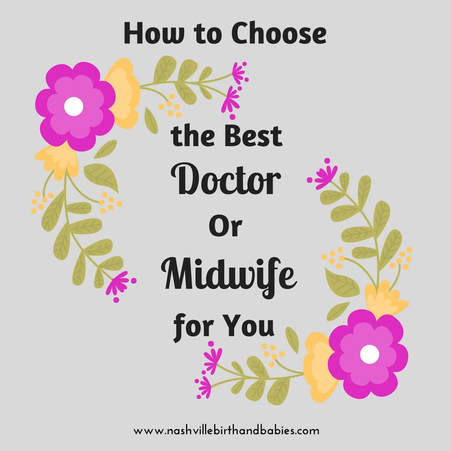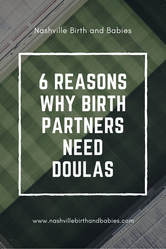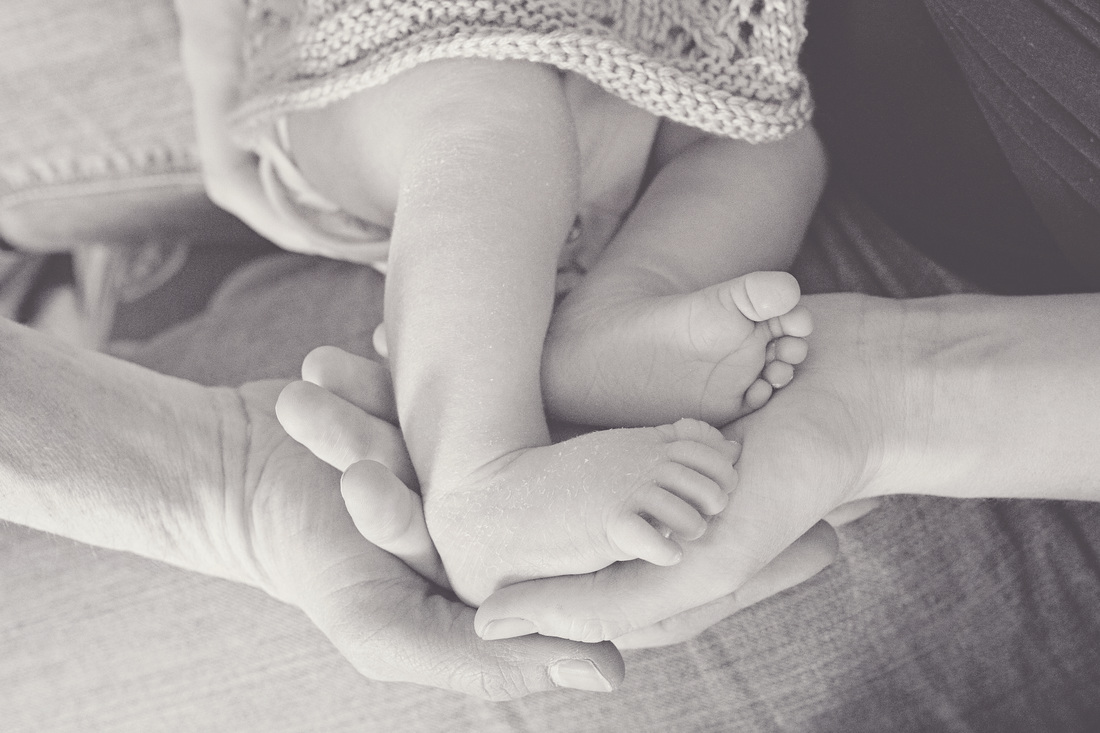Things to Consider
Consider where you want to birth your baby. Your options for a care provider will be limited by your birthing location. For example: Most obstetricians work only in hospitals. Someone who is planning a home birth may not have the option of having an obstetrician at their birth. Consider whether the place of birth is more important to you or whether having a specific care provider is more important to you if faced with such a situation.
Trust your intuition. It's there for a reason. If you just seem to “click” with a certain care provider, that might mean they are a good choice for you and your family. On the other hand, if you meet with someone and have an uneasy feeling about them, you may want to find another care provider whom you feel better about.
Consider a care provider's philosophy on birth. Are they pro-natural birth or are they more comfortable when birthing women are medicated? Do they view birth as a natural, normal event that occasionally needs intervention? Or do they view it as a potentially dangerous situation that needs swift and frequent intervention? How does their stance line up with your own?
Let's take a moment to clear something up. It is never to late to change care providers. While it is true that the options may be more limited late in pregnancy, making a swap is always a viable option. If a care provider who originally seemed like a great fit begins to seem like not-so-great a fit, you have the freedom to change your care provider at any time. Please be confident in doing so, if necessary.
Questions to ask
The following questions are some suggestions of things you may want to ask a potential care provider. Some questions may not apply to you or the care provider. It may also be helpful to draw up a list of things that are most important to you for your birth and ask your care provider how they feel about that list.
*Note that there are several links in this list.
- Where do you attend births?
- If you attend births at more than one location, where do you prefer to attend births?
- What are the advantages and disadvantages of each?
- What tests are done during pregnancy? How are negative/positive results handled?
- How often should I see you during pregnancy?
- What are some reasons why I might want to call you between visits?
- At what point in pregnancy do you do routine vaginal exams?
- Are you open to limiting or eliminating routine vaginal exams in pregnancy?
- Have you ever done a membrane sweep without a woman's knowledge or consent?
- What were the circumstances?
- Do you like attending non-medicated births? Do you prefer medicated births? Why?
- What is your current cesarean rate?
- What are the most common reasons for cesarean?
- What is your current induction rate?
- What are the most common reasons for induction?
- When should I call if I suspect my birthing has begun?
- When should I go to the hospital/birth center? OR When can I expect you to arrive at my home?
- What is your stance on using a tub during my birthing? What is you stance on water birth?
- During my birth, am I free to use whatever positions I desire?
- Will my partner be allowed to cut the cord?
- Will my baby be given to me immediately after birth?
Do you have any considerations or questions you would add to this list? We'd love to hear them in the comments!

My introduction to doulas came when I was 36 weeks pregnant with my first child. My midwife looked at me and said, “You need a doula.” I had no idea what a doula was, but she gave me an email address for an amazing doula who eventually attended the birth of my first.
When my first little guy was just 7 months old, I found out that I was pregnant with my second. I promptly called my doula friend who said, “You need Hypnobabies!” I signed up and took the Hypnobabies class she was teaching at the time and never looked back! My Hypnobabies birth was amazing! My husband and I could hardly believe that birth could be so comfortable and calm! After a fabulous second birth experience I decided that I wanted to be a part of helping families have the best birth for them. I started by becoming a doula. I trained with DONA International and in 2014 I decided to begin the process of becoming a Hypnobabies Instructor. I was officially certified as a Hypnobabies instructor and Hypnodoula in June of 2015. I love helping families become educated about childbirth and supporting them through pregnancy. In 2016, I officially completed the Becoming Dad Certification process and am now "Becoming Dad Certified."
E-mail: [email protected]














 RSS Feed
RSS Feed
